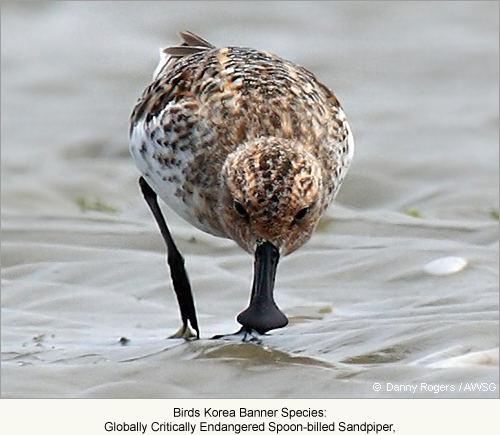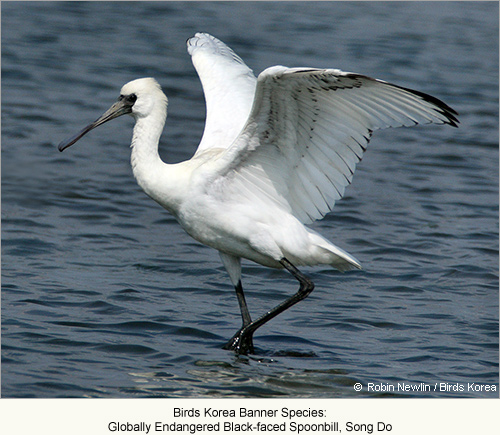After decades of hard work, the Republic of Korea has grown economically to become a "global player", proudly hosting the G20 summit in 2010. And like most developed nations, we have become a leader in some fields and a reluctant follower in others. While the benefits of our nation's growth are obvious, what are the costs, past and future? This question is vital to the nation's future, for who is so foolish to make their plans based only on the money that they hope to earn, without considering also the money that they need to spend?
Industrialisation globally and here in Korea has brought benefits to many. However, it has also worsened the lives of others; it has caused life-threatening pollution; and it has led to the pointless destruction of so many of the world's wonderful natural treasures, including in Korea, free-flowing rivers and some of the world's most important tidal-flats. Increased consumption too makes for a more comfortable present, but it has already led to the collapse of fisheries and the growth of industrial agriculture, causing terrible suffering for billions of animals and the spread of diseases like Foot-and-Mouth and Poultry Flu ("Avian Influenza"). Even the climate is changing - natural disasters made worse by the same pollution, by the same dams and concrete channels, and by the same loss of forests and tidal-flats that would otherwise act as natural carbon sinks and storm buffers. And even as we struggle in the pursuit of some future treasure buried at the rainbow's end, are we happier? Recent research says not.
For a better, safer future we urgently need to use our greatest talents - our intelligence and compassion - to recognise the costs of our lifestyles and dreams, and to change our focus back towards living harmoniously within our natural environment. Birds Korea, founded in late 2004, is working towards this end. We promote the benefits of good development and explain the costs of bad development. We are not political, and we are driven by truth and science. Based in Busan, our members live near and far, both throughout the ROK, and overseas. Our collective aim is the conservation of birds and their habitats - from the mountains to the sea and all that lies between. Conservation of this kind works for people, for birds and for all biodiversity - as all of us depend on the exact same habitats. Our work includes research, education and planning. We gather the best information and data and we share it through reports and websites as openly as we can. We therefore work for development that is based in an understanding of both costs and benefits; development that benefits people and all other species; development that can help to make our lives richer and healthier through that improved sense of connection with the world around us.
Our membership, while only a few hundred strong, is wonderfully diverse. It includes students, teachers, academics and birdwatchers, lawyers and home-makers. In 2010, together we produced a report looking at the impacts of the Four Rivers project; we created a photo gallery of almost all the bird species ever recorded in Korea; and we produced the Birds Korea Blueprint - providing the background information to the Blueprint 2012, an ecological planning document we aim to deliver at the IUCN World Congress in Jeju next year.
This year we will concentrate largely on building our membership (moving from an annual membership fee to a monthly and lifetime membership system); on developing a blog to involve more of our members and to help discussion throughout the region; and on strengthening our education work. We will therefore update the websites less frequently and meet more often.
For the future of the nation's birds and people, for yourself (and your family!), please contact us and please join Birds Korea.
Birds Korea,March 2011.







